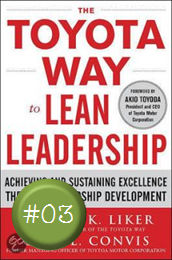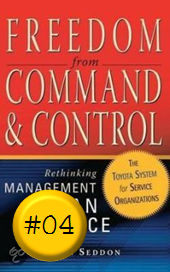
Principes van instructie
Definitie
Door Barak Rosenshine (emeritus hoogleraar in de onderwijspsychologie aan de University of Illinois) - op onderzoek gebaseerd - overzicht van 10 principes voor effectieve instructie. Hij publiceerde de principes in het artikel Principles of Instruction - Research-based strategies that all teachers should know en een UNESCO-rapport.
Alias: principes van instructie
Zie ook:
- 10 instructieprincipes van Barak Rosenshine volgens Nathan Walker
- 10 instructieprincipes van Barak Rosenshine volgens Paul Kirschner
- 10 instructieprincipes van Barak Rosenshine volgens Tim Surma & Kristel Vanhoyweghen
- 10 instructieprincipes van Barak Rosenshine volgens Kate Jones
- 17 instructieprincipes van Barak Rosenshine volgens Wijze lessen
- Rosenshine's principles in action (boekentip)
![]()
• Begin a lesson with a short review of previous learning.'
• Present new material in small steps with student practice after each step.'
• Ask a large number of questions and check the responses of all students.
• Provide models.
• Guide student practice.
• Check for student understanding.
• Obtain a high success rate.
• Provide scaffolds for difficult tasks.
• Require and monitor independent practice.
• Engage students in weekly and monthly review.'
Bron: Principles of Instruction - Research-based strategies that all teachers should know, Barak Rosenshine
![]()
Barak Rosenshine — ten principles of instruction
Barak Rosenshine wrote his original paper on the six principles of instruction in the 1980s. The original can be traced back as far as a typed paper submitted to a US conference in 1982 —there's something quite amazing about seeing it in its typewritten glory. The then six "Instructional Functions" are extremely similar to the ten principles of instruction we know (and love) today.
Rosenshine's principles (2010, 2012) are nothing more than exceptionally good teaching techniques that teachers can adopt to ensure that their instructional practice is varied, targeted and effective. In short, the principles don't tell us anything new, but what they do is consolidate what good teaching looks like into digestible chunks. No fall, no gimmicks, just good instruction... and that's why understanding them is so important for all early career teachers.
The magic of Rosenshine's principles are that they are applicable to all teachers of all subjects and contexts — they focus on skills that teachers need to be successful in the classroom. From a pedagogical point of view, all of the aspects of the teacher standards are addressed or at least can be related to the individual principles — in short, Rosenshine encapsulates how to effectively teach in a very clever nutshell. All of this means that the approaches put forth are not subject-specific, the theory and thinking behind each principle can be applied no matter what you teach.
Bron: Teach Smarter: Efficient and Effective Strategies for Early Career Teachers, Adam Riches




















